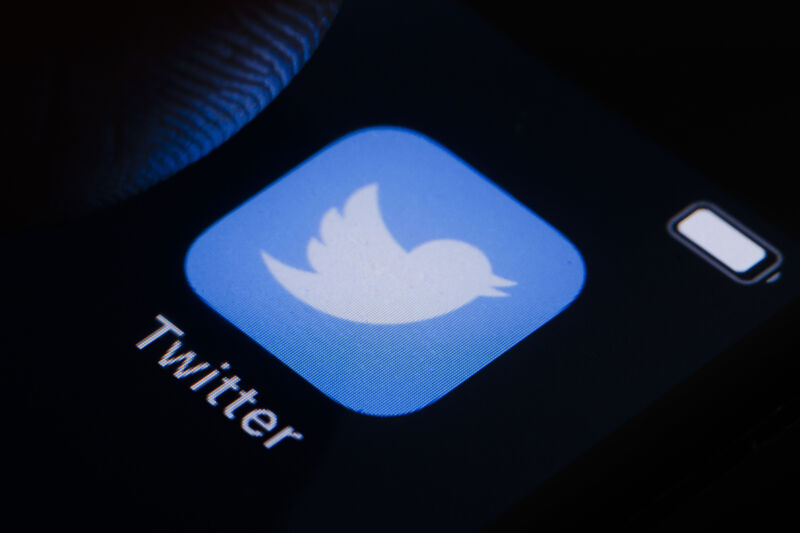
Thomas Trutschel/Getty Images
Twitter has said that Elon Musk’s own data scientists do not support his claim that the number of fake accounts on the social media platform is “much higher” than the company’s estimates, as the parties prepare to appear in court in October.
Tesla CEO is trying to pull out of a $44 billion deal to buy Twitter, arguing it misled regulators and investors about the platform’s true number of fake and spam accounts, which he says is much larger than the 5 percent figure that Twitter has. cited for years.
During a three-hour hearing in a Delaware court on Tuesday, Twitter’s attorneys said documents received during the discovery showed that two different consultants hired by Musk, Cyabra and CounterAction, had made estimates of the amount of spam on Twitter of 11 percent and 5 percent. percent, figures largely in line with Twitter’s public estimates.
According to Twitter’s lawyers, the reports were handed over to the billionaire entrepreneur a day before he announced plans to end the merger agreement. Twitter also criticized the methodologies of both data groups, despite their seemingly supportive results.
Twitter has asked the court to force Musk to share more information about the work of multiple data scientist consultants related to fake accounts on the social media platform. The company said that while Musk had shared some details produced by his consultants, he had also been involved in a “pattern of delay and obstruction” over the past two months, a claim Musk’s lawyers denied.
Separately, Twitter accused the Musk team of failing to hand over relevant Signal messages and denying that Musk was using the encrypted messaging app, citing evidence of an April exchange with investor Marc Andreessen where messages were auto-automatically over time. deleted.
The exchange was only revealed after a screenshot of it was emailed by Andreessen to others.
Twitter also said Musk’s team had failed to transfer text messages between Musk and Morgan Stanley chief executive James Gorman, as well as Oracle’s Larry Ellison, ahead of the trial.
Musk’s lawyers have denied that he intentionally withheld communications, arguing that “minor mistakes will happen in expedited lawsuits.”
Twitter asked the court to impose sanctions on Musk for what it described as his misconduct for failing to produce the messages. This included an “adverse conclusion” that would allow the court to believe that Musk was concealing details that would undermine his legal argument.
Chancellor Kathaleen McCormick of the Delaware Court of Chancery did not immediately issue a ruling and said she would consider the cases. The five-day trial begins on October 17.
© 2022 The Financial Times Ltd. All rights reserved. May not be redistributed, copied or modified in any way.

